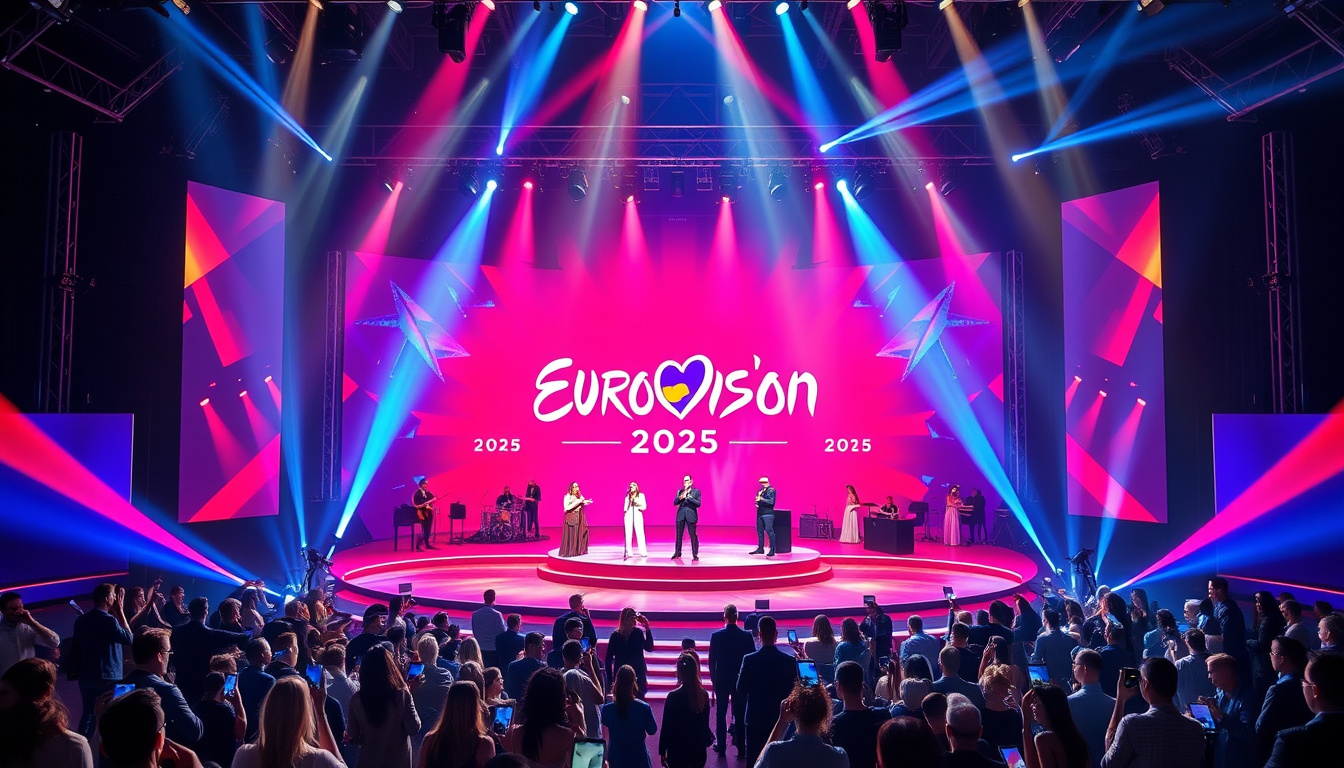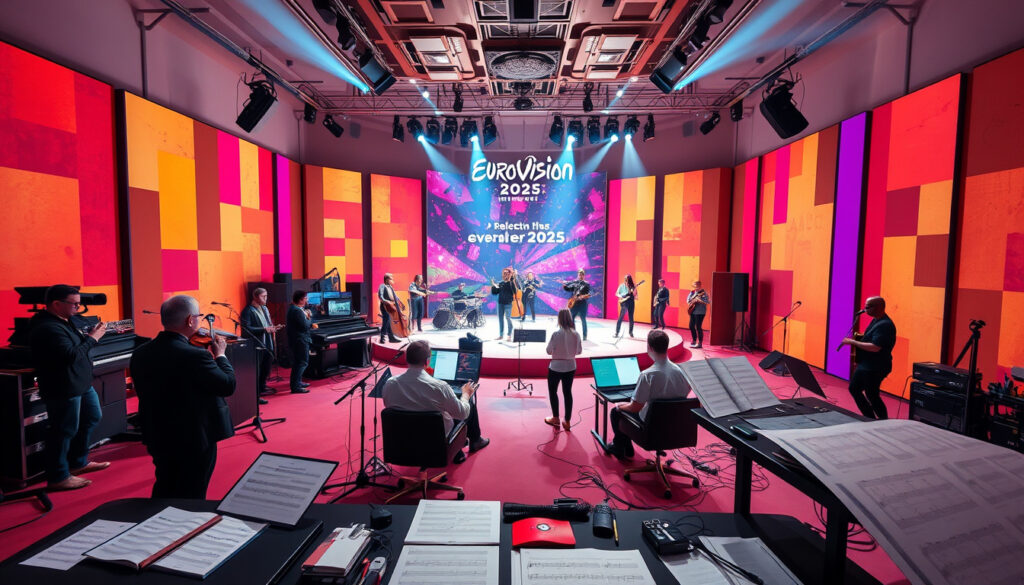The Eurovision Song Contest stands as a celebrated music event. Each year, countries join to show their talent. With Eurovision 2025 near, knowing the selection steps helps artists, audiences, and fans engage well.
Overview of the Selection Process
Different countries set their own rules for choosing entries. National broadcasters in the European Broadcasting Union lead each country’s method. Each broadcaster chooses its own path to pick a representative.
National Selection Mechanisms
-
Internal Selections:
Some countries, like the United Kingdom through the BBC, choose their act and song behind closed doors. A selection committee picks the talent without public entries. This controlled process helps bring only ready entries forward. The BBC now works with top music experts to find the best talent for Eurovision 2025. 2. Public Competitions:
Other countries host public competitions where anyone may submit songs. A committee or public votes trim down the entries. This way, the public feels a close link to their national song. -
TV Selections:
Often, countries run live TV shows. Contestants perform, and votes from the public or a jury crown the winner. The live show ties together the performance and voting in one place.

Key Guidelines for Eurovision 2025 Contestants
The European Broadcasting Union sets rules for all entries:
-
Song Originality:
Songs must be new. They should not be released or performed publicly before September 1, 2024. – Duration:
Each song cannot run past three minutes. This rule makes sure shows stay tight and fun. -
Language Flexibility:
Countries choose the language for their song. This choice adds to the shared cultural diversity.
Important Dates and Deadlines
Timing is key in the selection process. Each broadcaster sets clear deadlines for entries. In many cases, deadlines fall between September and December before the contest. For instance, the UK will announce its final act and song by March 2025, before the EBU deadline.
The Role of the European Broadcasting Union
The EBU handles the full Eurovision operation. An Executive Supervisor makes sure the event runs smoothly. The EBU allows up to 44 countries to join, with 26 competing in the final stage. This mix welcomes both long-time and new participants.
Voting Mechanisms
Voting in Eurovision uses both professional juries and public votes. National audiences and international viewers cast votes through phone or panels. This mix of panels and public voting connects all participants in choosing the winner.
Conclusion
Eurovision 2025 will bring new twists and familiar pride. Whether through internal picks or public contests, every song moves from a simple submission to a celebrated stage. The journey shows Europe’s rich musical blend. Watch your local broadcasters for updates and enjoy the magic as the selection process unfolds for Eurovision 2025!







